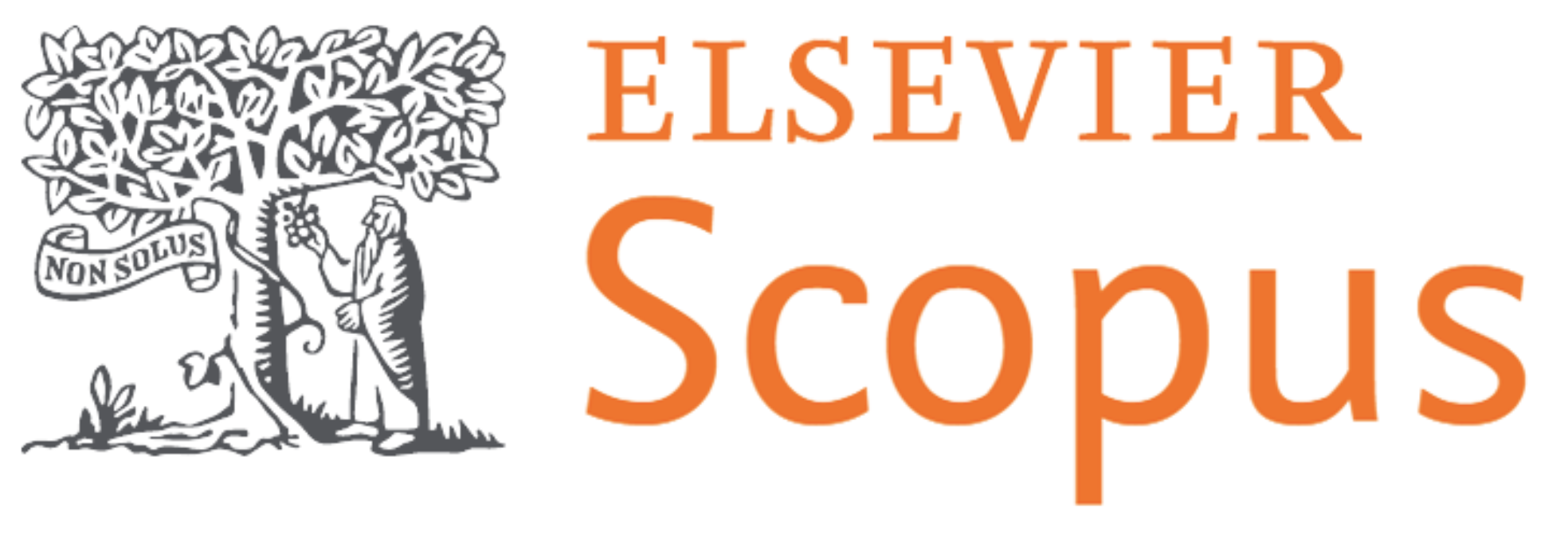QUANTITATIVE RESEARCH IN THE IDENTIFICATION OF OPPORTUNITIES IN THE COMMERCIALIZATION OF FROZEN PULP OF ORGANIC FRUITS BASED ON CONSUMERS´ PROFILE
DOI:
https://doi.org/10.17765/2176-9168.2015v8n3p543-562Keywords:
Consumer Market, Market Research, HealthinessAbstract
Organic agriculture is a constantly increasing activity worldwide. Assets to the environment, benefits for the farmer released from direct contact with chemical agents and the reduction of harmful factors for the consumer are worldwide trends for this type of agriculture and food commercialization. Current research constitutes a market research in the state of Paraná, Brazil, to assess the behavior of consumers with regard to the pulp of organic fruits. Results of the questionnaire showed that fruit pulp is mainly consumed in bars, restaurants and snack bars and that the pulp of the fruit is the most commercialized form. Based on the criteria given, it may not be concluded that the consumer´s trend is the organic product since indexes were very close to one another. Results reveal that healthiness is the criterion for the purchase of organic fruit frozen pulp (40% when compared to the other traits), whereas strawberry had the most agreeable taste (42%). Approximately 67% of consumers are inclined to pay a price of less than 3 Brazilian Reals for 100g of frozen pulp of organic fruit. This fact reveals the challenge that organic fruit producers have to provide products at feasible prices to consumers.Downloads
Published
2015-11-18
How to Cite
Chinellato, M. M., Scapim, M. R. da S., Morales, D., Levorato, T. R., & Madrona, G. S. (2015). QUANTITATIVE RESEARCH IN THE IDENTIFICATION OF OPPORTUNITIES IN THE COMMERCIALIZATION OF FROZEN PULP OF ORGANIC FRUITS BASED ON CONSUMERS´ PROFILE. Revista Em Agronegócio E Meio Ambiente, 8(3), 543–562. https://doi.org/10.17765/2176-9168.2015v8n3p543-562
Issue
Section
Agrobusiness
License
A Revista se reserva o direito de efetuar, nos originais, alterações de ordem normativa, ortográfica e gramatical, com o intuito de manter o padrão culto da língua, respeitando, porém, o estilo dos autores. As opiniões emitidas pelos autores são de sua exclusiva responsabilidade.Os direitos autorais pertencem exclusivamente aos autores. Os direitos de licenciamento utilizado pelo periódico é a licença Creative Commons Attribution
 Creative Commons Atribuição 4.0 Internacional. São permitidos o compartilhamento (cópia e distribuição do material em qualquer meio ou formato) e adaptação (remixar, transformar, e criar a partir do trabalho, mesmo para fins comerciais), desde que lhe atribuam o devido crédito pela criação original.
Creative Commons Atribuição 4.0 Internacional. São permitidos o compartilhamento (cópia e distribuição do material em qualquer meio ou formato) e adaptação (remixar, transformar, e criar a partir do trabalho, mesmo para fins comerciais), desde que lhe atribuam o devido crédito pela criação original.










